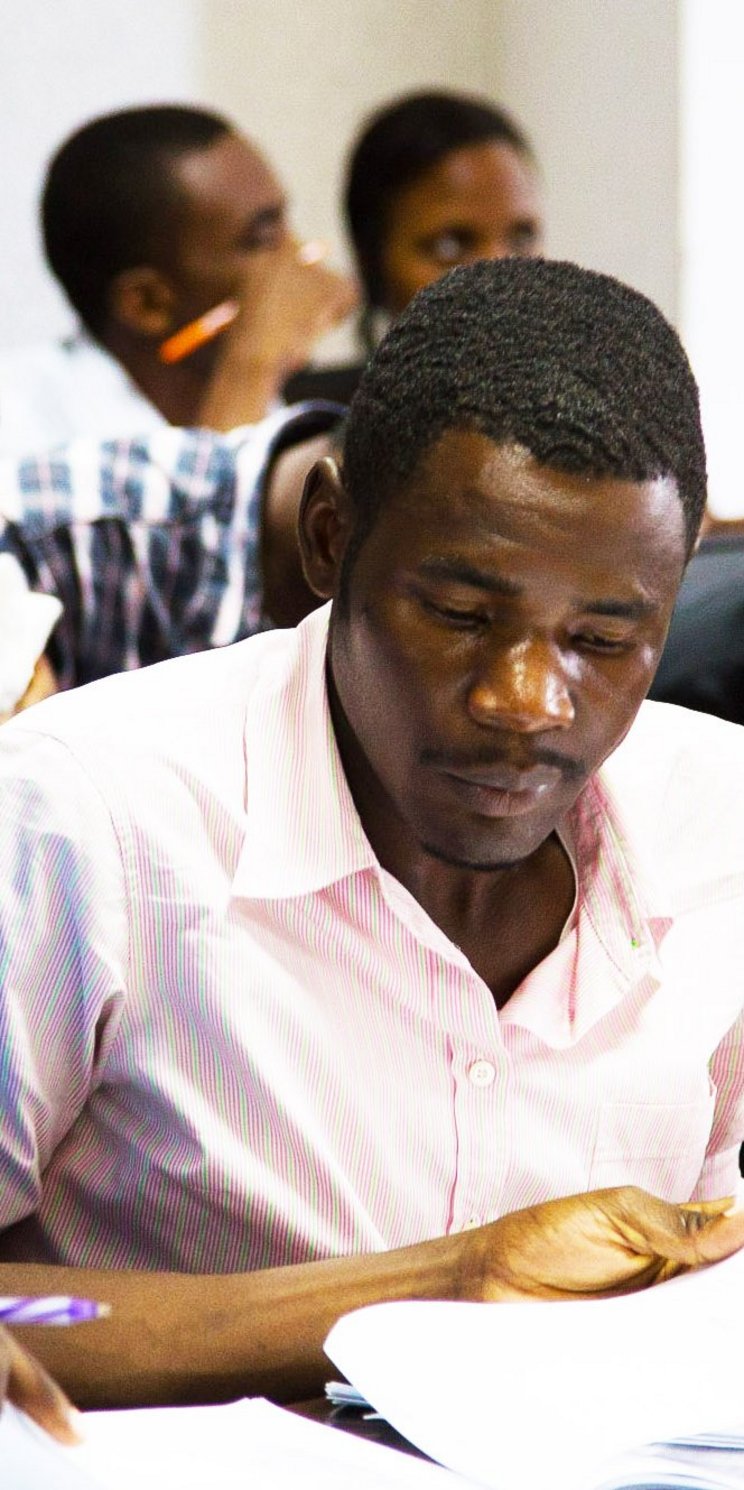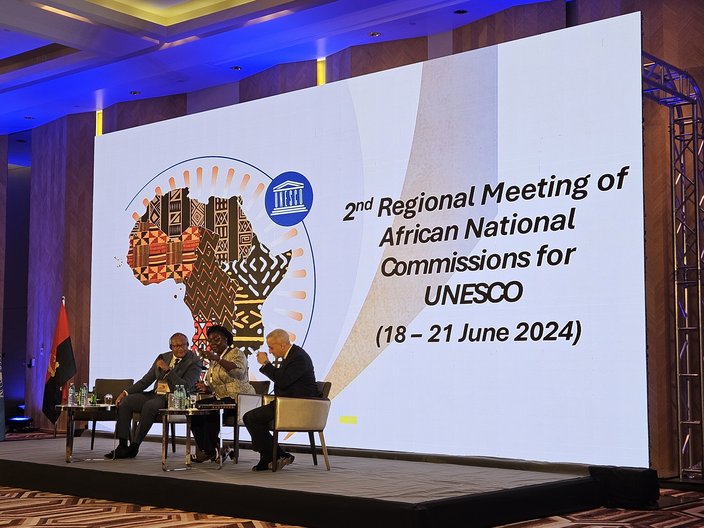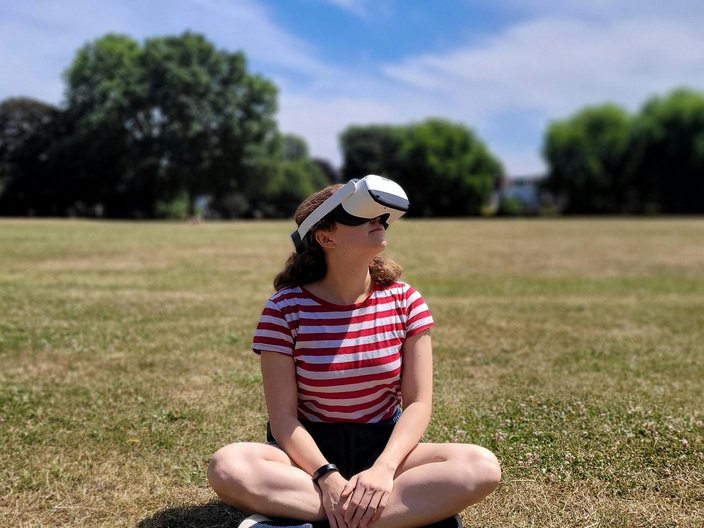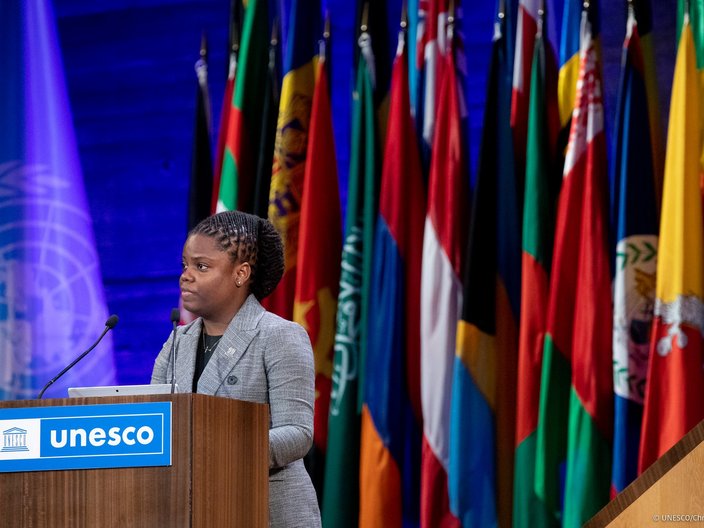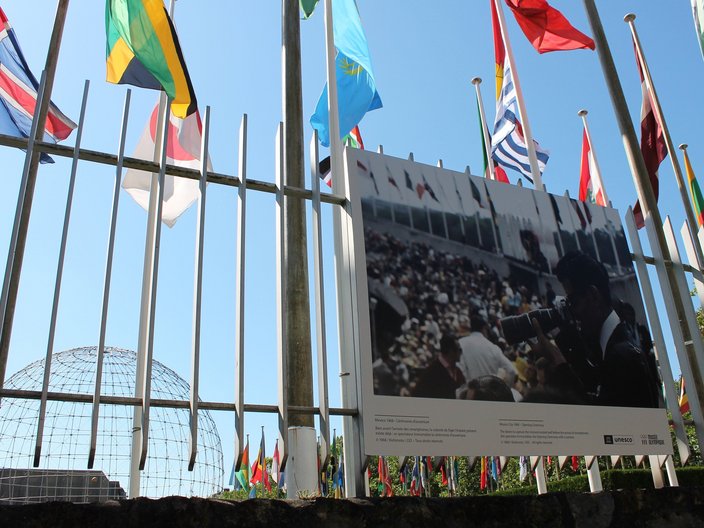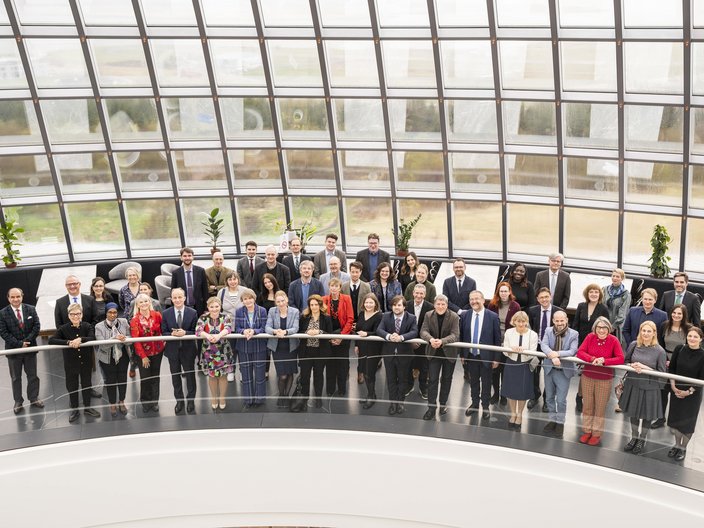Starting a business
Education is the key to individual and societal development. It enables people to develop their personalities and lead fulfilling lives. But education must also provide skills for the world of work, thereby contributing to employment and growth.
Especially in countries of the Global South, employability is an aspect that is commonly neglected at university. Educational content is often not taught in a practical way. At the same time, many young people in the Global South equate the world of work with employment in large companies or public authorities.
The Student Training for Entrepreneurial Promotion, or STEP for short, was developed to address this challenge. Its goal is to reduce youth unemployment in the Global South by encouraging more young people to set up their own businesses. From 2010 to 2024, the German Commission for UNESCO implemented the programme together with Leuphana University Lüneburg and national and international partner organisations.
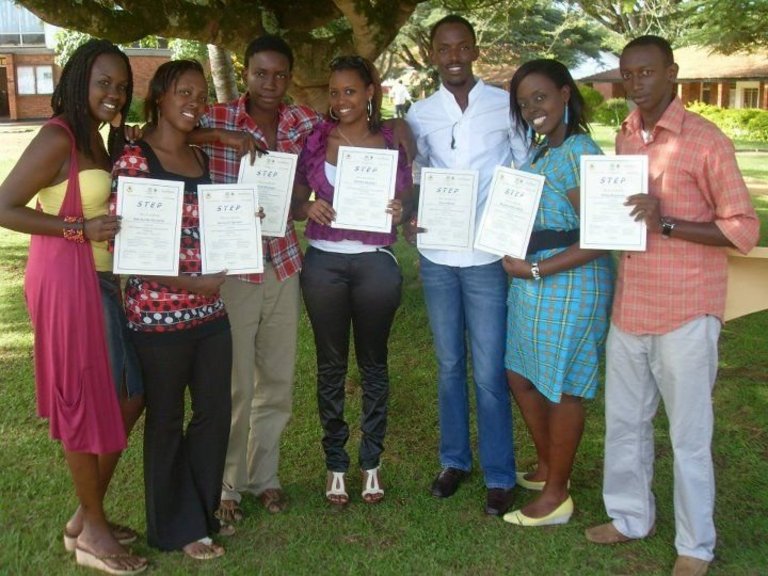

What is STEP?
STEP is a training programme usually offered to students in their final year of study over a period of 12 weeks. However, STEP has also been successfully implemented in secondary schools and for university graduates.
STEP teaches the skills needed to start and run your own business. How to write a business plan, how to keep good accounts and how to draw up a contract are just some of the issues covered, as in many other entrepreneurship training programmes. What makes STEP different is its strong practical orientation: parallel to the course, participants have to develop and implement their own business idea. They are given a small amount of seed capital to do this. In this way, STEP participants learn about the day-to-day running of a business and receive expert advice on real-life decisions. In addition to imparting knowledge, STEP focuses on increasing the participants' motivation and self-efficacy.
Effects and successes
The success of STEP is empirically proven, as another unique feature of the programme is the scientific evaluation of the training with control groups by Leuphana University of Lüneburg. The results show that STEP has a very positive impact on participants' entrepreneurial thinking and behaviour. Long-term studies have shown that former STEP participants have an above-average start-up rate, and their businesses generate significantly higher revenues and create more jobs than the national average. STEP therefore helps the careers of its participants and at the same time creates added value for society.
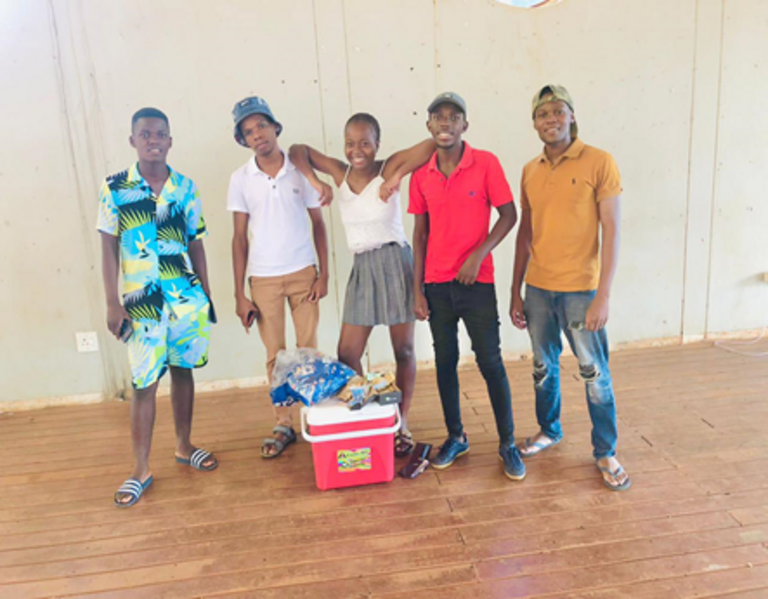
Long-term institutionalisation
The German Commission for UNESCO usually supported the implementation of STEP for a period of three years. In parallel with the implementation of the programme, long-term sustainability was sought and usually achieved at the respective partner university. Ideally, other educational institutions in a country also became aware of the project or it was possible to anchor STEP as a component in national education plans.
From the first year onwards, the training courses were delivered by the local teaching staff of the partner university. German experts conducted train-the-trainer seminars and provided support during the training sessions. In order to take account of the country-specific context, the training courses and teaching modules were adapted in close cooperation with the respective UNESCO National Commission of the target country and local teachers.
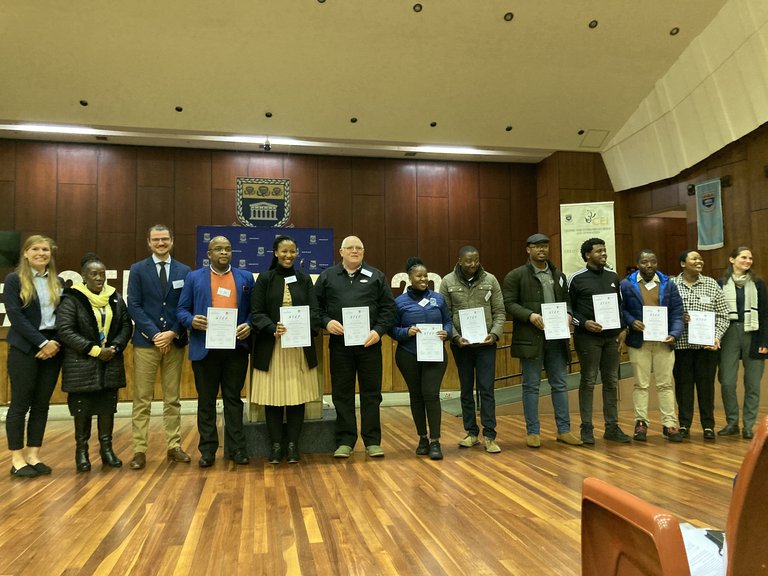
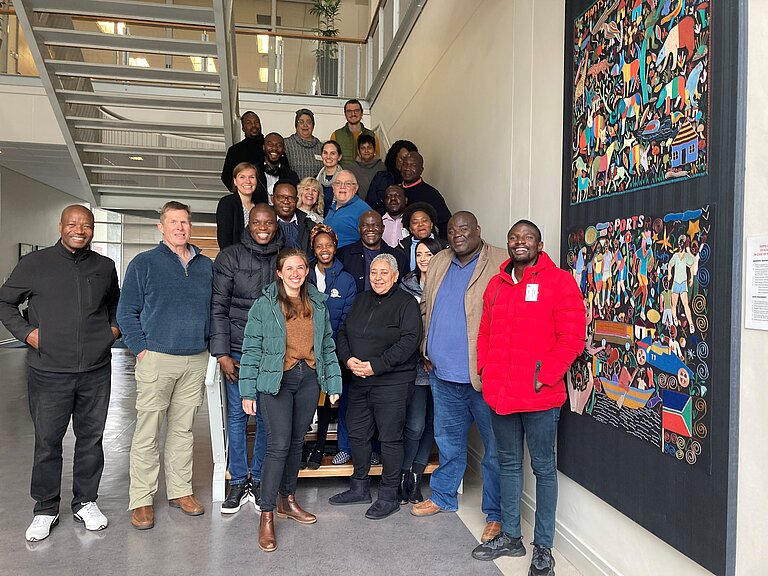
Implementation
From 2010 to 2024, the German Commission for UNESCO implemented the STEP programme together with its partner organisations around the world. Cooperation agreements were signed with Kenya, Lesotho, Liberia, Mexico, the Philippines, Uganda and, most recently, South Africa. The partnerships were funded by the BASF Foundation. In most of these countries, long-term institutionalisation has been achieved. The Kenyan UNESCO Commission, for example, introduced STEP at district level in Kenya on its own initiative and at its own expense after the project ended. The Philippines has also established STEP with great success, making it a mandatory part of the curriculum of all BICOL University courses.
From 2017 to 2024, the German Commission for UNESCO worked with three South African universities of Limpopo, Venda and Western Cape. The objective was to establish and sustain STEP not only at these three universities, but also nationwide. In addition to promoting the introduction of STEP at the three universities, digital and local events and meetings were organised with education sector leaders, representatives of educational institutions and politicians. This enabled the programme to be extended to other educational institutions in South Africa, including universities, high schools and vocational schools.
The German Commission for UNESCO also supported the extension of the programme to educational institutions in neighbouring countries in Southern Africa. To this end, it organised digital workshops and information events and funded several training courses to train STEP trainers in Malawi and South Africa to enable participants from different educational institutions in Malawi, Zambia and Zimbabwe to independently implement STEP in their own educational institutions in the future.
To promote the network of STEP stakeholders worldwide, the German Commission for UNESCO also organised an international digital STEP workshop in the spring of 2024 to exchange ideas and experiences.
